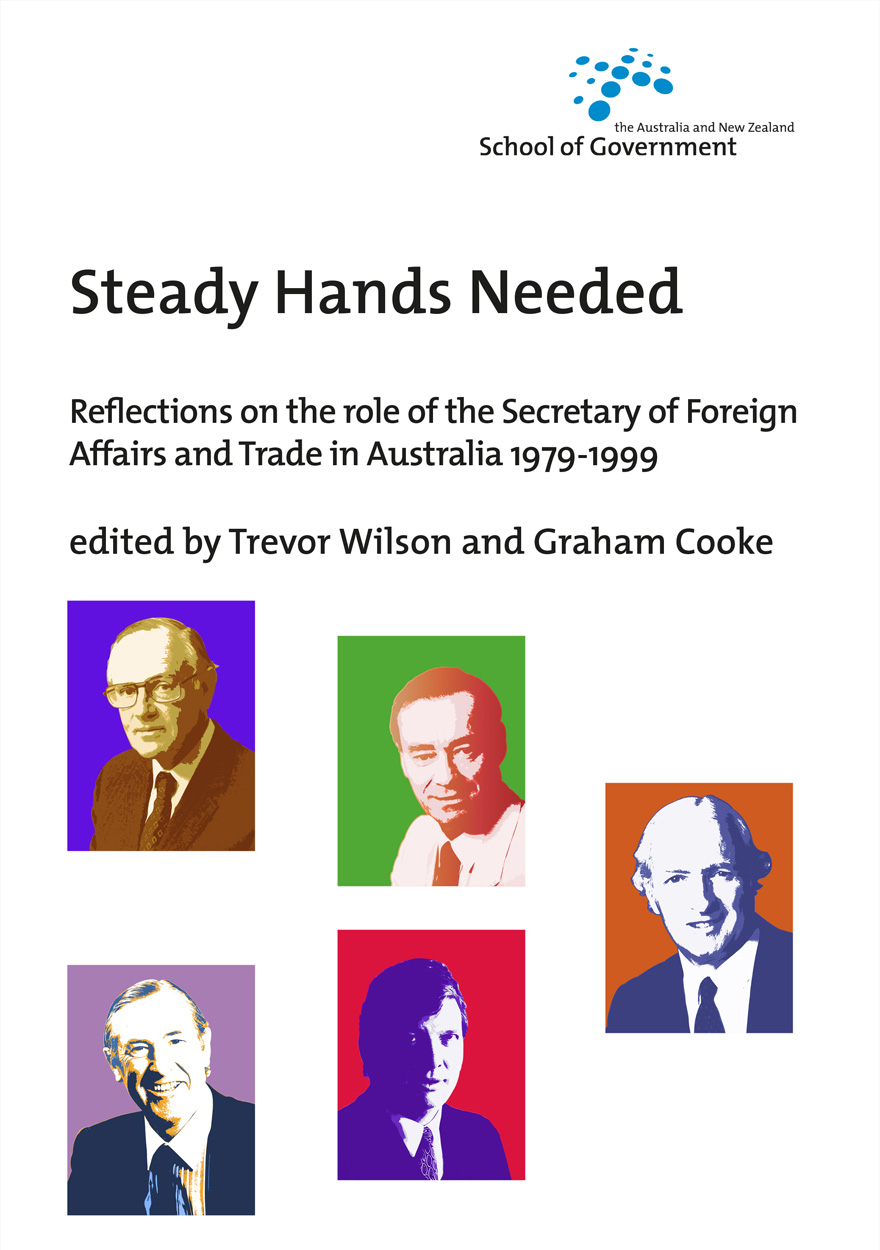Trevor Wilson

Trevor Wilson retired in August 2003 after more than thirty-six years as a member of the Australian foreign service, the last fifteen as a member of the Senior Executive Service, after serving as Australian Ambassador to Myanmar (2000-03). Since October 2003 he has been a Visiting Fellow on Myanmar/Burma at the Department of Political and Social Change, School of International, Political and Strategic Studies, The Australian National University.
Since 2004, Trevor Wilson has been co-convener of the Myanmar/Burma Update conference series at ANU. He has (co)-edited four volumes of the conference papers, Myanmar’s Long Road to National Reconciliation (ISEAS 2006); and, with Monique Skidmore, Myanmar: the state, community and the environment (Asia Pacific Press, 2007); and Dictatorship, disorder and decline in Myanmar (ANU Press, 2008); and with Monique Skidmore and Nick Cheesman, Ruling Myanmar From Cyclone Nargis to National Elections (ISEAS 2010) based on the 2009 Myanmar/Burma Update. With David Kinley, he co-authored a case study of Australia’s human rights training in Myanmar ‘Engaging a pariah: Human rights training in Burma/Myanmar’ (Human Rights Quarterly, Vol. 29 No. 2, May 2007). He has written numerous opinion pieces and given many interviews about the situation in Myanmar/Burma.

Eyewitness to Early Reform in Myanmar »

Dictatorship, Disorder and Decline in Myanmar »

Steady Hands Needed »
Reflections on the role of the Secretary of Foreign Affairs and Trade in Australia 1979-1999




